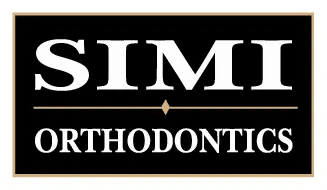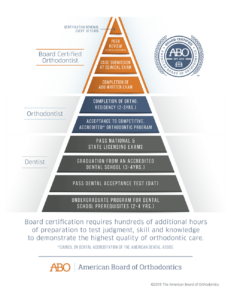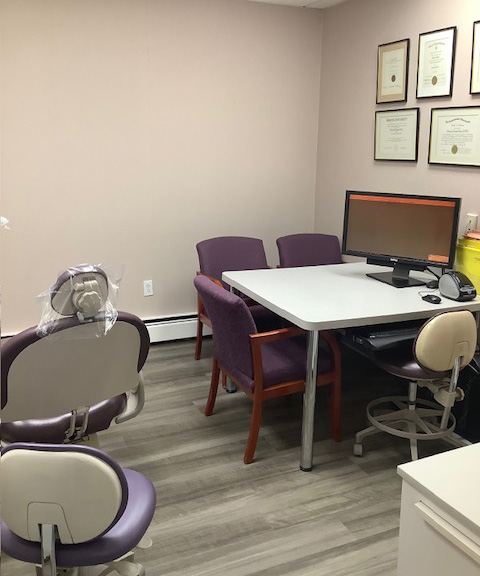Are all orthodontists Board-Certified?
Only one in three orthodontists pursue and achieve board certification. The American Board of Orthodontics (ABO) certification signifies a unique accomplishment, extending beyond the advanced education required for a dentist to specialize in orthodontics.
This rigorous process necessitates orthodontists to demonstrate their expertise in patient care through detailed case reports covering a wide range of patient issues. Board certification is voluntary, and not all orthodontists choose to undertake it.
- The process includes a thorough evaluation by a respected panel of examiners.
- Orthodontists must demonstrate their orthodontic knowledge, clinical skills, and judgment.
How many certifying boards are recognized by the American Dental Association in the specialty of orthodontics?
There is only one certifying board recognized by the American Dental Association (ADA) in the specialty of orthodontics: the American Board of Orthodontics (ABO). Founded in 1929, the ABO is the oldest specialty board in dentistry. Its purpose is to elevate the quality of orthodontic care for the public by promoting excellence through certification, education, and professional collaboration.
Why would an orthodontist choose to complete this voluntary certification process?
Completing the board certification process demonstrates an orthodontist’s highest commitment to excellence in their field, both to the profession and to the general public.
- It signifies that the specialist possesses the necessary knowledge and skills to treat patients to the highest standards.
- This certification reflects the practitioner’s dedication to staying updated with the latest advances in patient care and consistently delivering these innovations to their patients.
Many orthodontists view this certification as a testament to their dedication to the specialty and a significant personal achievement.
What steps are required to complete the ABO certification process?
Since its establishment in 1929, the ABO certification process has evolved to meet the demands of the specialty. The current process includes:
Written Examination: This exam consists of 240 questions covering all areas of orthodontic knowledge.
Clinical Examination: Upon passing the written exam, orthodontists present detailed case reports from their practice or residency, demonstrating a history of excellence in patient care. A panel of examiners evaluates these cases.
Oral Examination: Following the clinical evaluation, orthodontists undergo an oral examination where they are tested on various academic and clinical topics.
Completing these examinations grants the Orthodontist Board Certification for a time-limited period. To maintain their certification, orthodontists must renew it every 10 years by demonstrating continued excellence in patient care.
The Importance of Board Certification
Board certification is not only a mark of distinction for orthodontists but also a reassurance for patients seeking the highest standard of care.
- Certified orthodontists have proven their ability to handle complex cases.
- They are committed to ongoing professional development.
- This continuous learning ensures they are up-to-date with the latest orthodontic treatments and technological advancements, offering their patients the best possible care.
For further information about The American Board of Orthodontics and Board Certification, click here.


